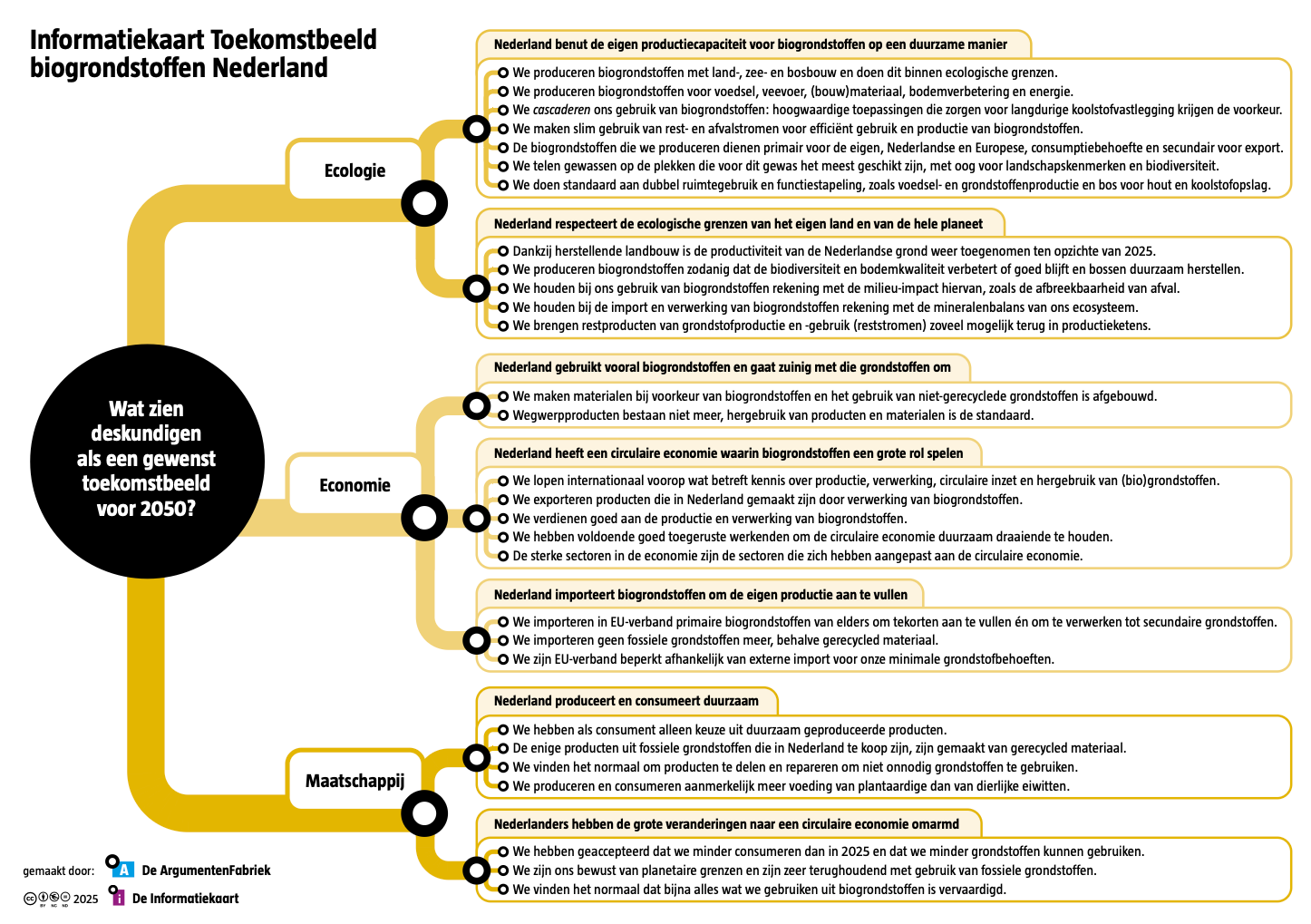Clean biofuel production from contaminated lands - the Phy2Climate project

The Phy2Climate project aims to tackle the issue of soil pollution while creating a sustainable feedstock for renewable fuels at the same time. The project is funded by the Horizon 2020 EU’s Research and Innovation programme.
Certain plant species and their microbes have a large capacity for extracting heavy metals and organic pollutants from the soil. This is called phytoremediation. In the EU alone, almost 70% of soil ecosystems are affected by soil pollution, reducing food and water quality. By cultivating energy crops on affected lands, Phy2Climate will be able to remediate the soil and create a valorised harvest product. Of these crops, most are oleaginous and lignocellulosic species.
Through Thermo-Catalytic Reforming (TCR) the biomass is converted into biofuels, for the road transport and shipping sector, as well as into bio-coke used in the steel industry. One of the advantages of this technology is its high feedstock flexibility.
The project is a collaborative effort of 16 companies over 9 countries. The pilot sites are currently being developed in Spain, Serbia, Lithuania and Argentina.
Solutions such as these allow for a myriad of benefits: for degraded lands to be restored and made available for agriculture, lowering the pressure in land-use competition, for increasing carbon uptake in the soils, and for making the development of renewable fuels an economically attractive endeavour.
Visit the Phy2Climate website to learn more.

Recente artikelen
HAN University of Applied Sciences receives funding for FAME Changer reserarch project
Informatiekaart: Toekomstbeeld biogrondstoffen Nederland | 2025

SEANERGETIC: Zero-Emission Shipping Report - Accelerating Maritime Decarbonization

